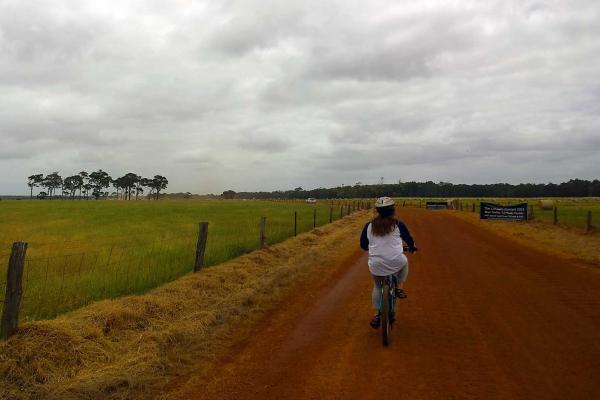So you're thinking about becoming a teacher overseas but you’re not sure about actually teaching? Or you think your spelling is atrocious and you know less about grammar than a desert ant? Or, what about the crowds? You're thinking of China or Korea and you've heard about classes with 40 students or more.
Don't worry, I’ve got the perfect advice for you. Are you ready? (It's not profound or anything, just so you know. Just don't want to get your hopes up, that's all.) Well, here it is:
Stop being a big wimp.
Got it? Not quite? Hmm you're looking a little offended, now too. But that's ok; consider it preparation for the big plunge into the wider world. Stick with me, I promise no more name-calling.
Now then, still with me? Excellent! You've passed step one. Those who fail this step usually start to sulk because they want to teach abroad but it's “just so hard.” They’re afraid and they haven’t grasped the most important truism prior to jetting off—everyone's afraid. The lineup for your average TEFL course is one of nerves.
The truth is that at least half of that lineup couldn't tell a predicate from a preposition and the other half is made up of people who do know their grammar (a minority) and people in denial. And that's fine. People panic when they hear their teacher trainers tell them they're not going to learn any actual grammar on the TEFL course. The reason for this is that they haven't got time and if you're a decent enough teacher, you'll work your arse off before every class to make sure you know that particular piece of grammar you're teaching as if it were the wrinkled face of your dear sweet granny. If you want to travel like this, you've got to work for it.
"But what if the mean students ask me an impossible question?" First of all, they're rarely mean. You're new to teaching and teaching is very much an on the job learning process, as daunting as that sounds. If you get asked about something you don't know about, you simply say that it would benefit them more if you planned a proper lesson on it. You're not lying, you're saying, "I don't want to fill your brains with jelly and then scramble it with my babbling garbage." And your students will thank you for that.
The same goes for speaking in front of a crowd. There's a trick. Be prepared. If you work your arse off—and it does get easier, your planning time plunges from hours to minutes—and keep your handy "I'll prepare a lesson for that" trump card in your back pocket, then nothing can side-swipe you! Naughty kids or nagging adults will turn into people that you're just trying to help reach their goal and who are, ultimately, helping you to reach yours.
Lastly, the best thing to remember when going into teaching ESL is that there's a big give and take. You'll get a lot out of the travelling and the people you meet and how lovely your students can be nine days out of ten. But don't forget that in order to keep riding the ESL wave, you have to put in the work. Learn what works with people each lesson. Make your own activities. Fail catastrophically and then try again. And again. And again.
One day you'll work tirelessly to prepare the perfect class and your students just won't be in the mood. Another day, you'll photocopy an exercise sheet and you and the class will be roaring in laughter and they'll say the most beautiful words a teacher can hear: "It's time already?!" It's as rewarding and tumultuous as you imagine and it mirrors the lifestyle of a traveler beautifully. The ups are so much upper and the downs are so much downer because, and here comes the cheesy rom-com line—you're living! It's one big adventure and during it you'll want to be safe at home when you're nervous and standing in a lecture hall when you're bored.
The trick that everyone is so desperately looking for is this: just do it. So off you go. Stop browsing. Search “TEFL qualifications” online. I'm certain you won't regret it.





